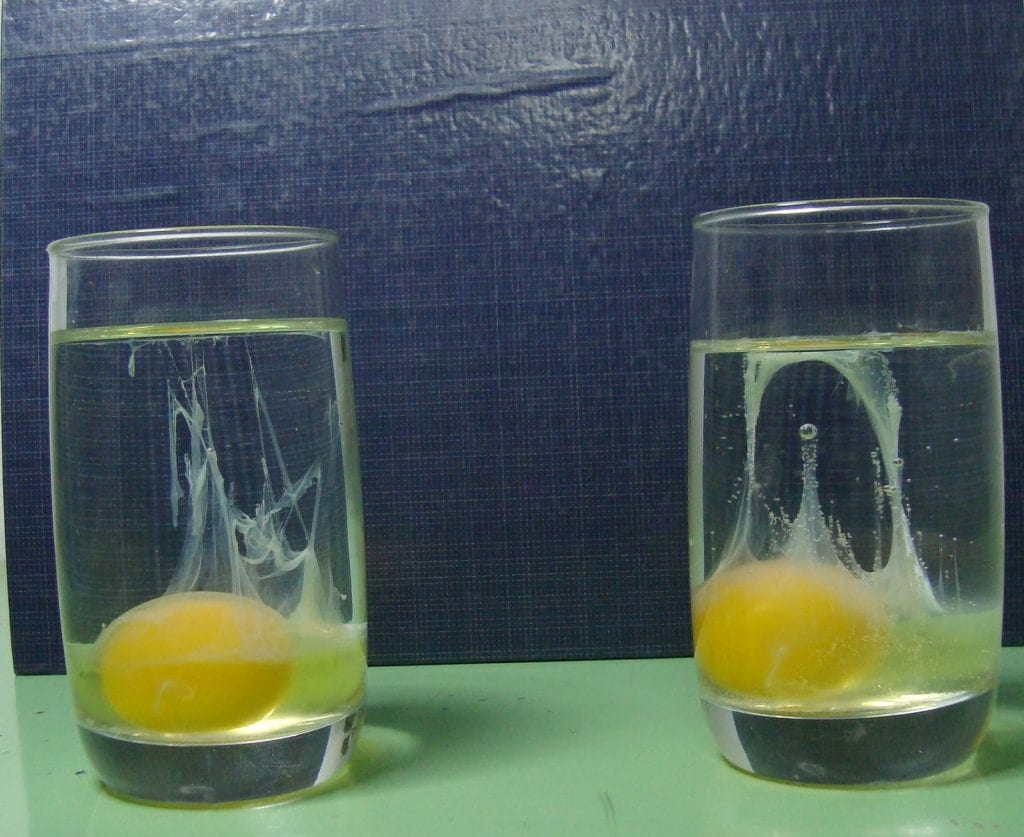Title: “La Barrida de Huevo”
General Information about Item:
- Superstition, Protective
- Language: English
- Country of Origin: Mexico
- Informant: KH
- Date Collected: 11-10-21
Informant Data:
- LH was born in 2001, in Brownsville, TX, where he grew up in a Hispanic, Catholic household. His wider family, including his parents, have lived in the city for many years. He learned most of his cultural traditions from his girlfriend and his grandmother, who were also of predominantly Hispanic and Mexican descent. Today, he is a student at Dartmouth College.
Contextual Data:
- Cultural Context: LH credited the existence of the ritual to a wider culture of superstitions in Mexico, where his family is originally from. Additionally, he credited strong familial cultural bonds with allowing superstitions to foster. He believes that the superstitions are derived from some religious traditions in the predominantly Catholic culture, as many of these rituals involve prayer to become successful, and a wide belief in supernatural creatures in the rural areas of Mexico and the American Southwest.
- Social Context: QC first learned of this tradition upon inquiring about different superstitions from LH’s life and family. LH first learned of this practice from his girlfriend and several of her friends, when, as this group of friends were gathered, LH’s girlfriend began to perform the practice on herself and he inquired about what she was doing. She explained that she was doing it because she felt very stressed and was doing it to make herself feel better. She also indicated that she did it when sick to help remove the evil that caused either of those conditions.
Item:
- One gets an egg (or sometimes a lime) and submerges the egg in alcohol overnight. The following morning, one rubs the egg over themselves while praying the lord’s prayer to remove evil spirits and emotions from themselves. Then, they crack the egg over a glass and put in a pinch of salt to neutralize the evil. Then the egg is discarded.
Associated file:

Informant’s Comments:
- LH does not personally believe in this superstition but said he finds it relaxing nonetheless.
Collector’s Comments:
- I found the use of the egg to be particularly interesting, as it is traditionally a symbol of new life, as a way to draw out evil.
Collector’s Name: Quinn Calhoun
Tags/Keywords:
- Superstition
- Mexican
- Catholic
- Hispanic
- Egg Rituals





